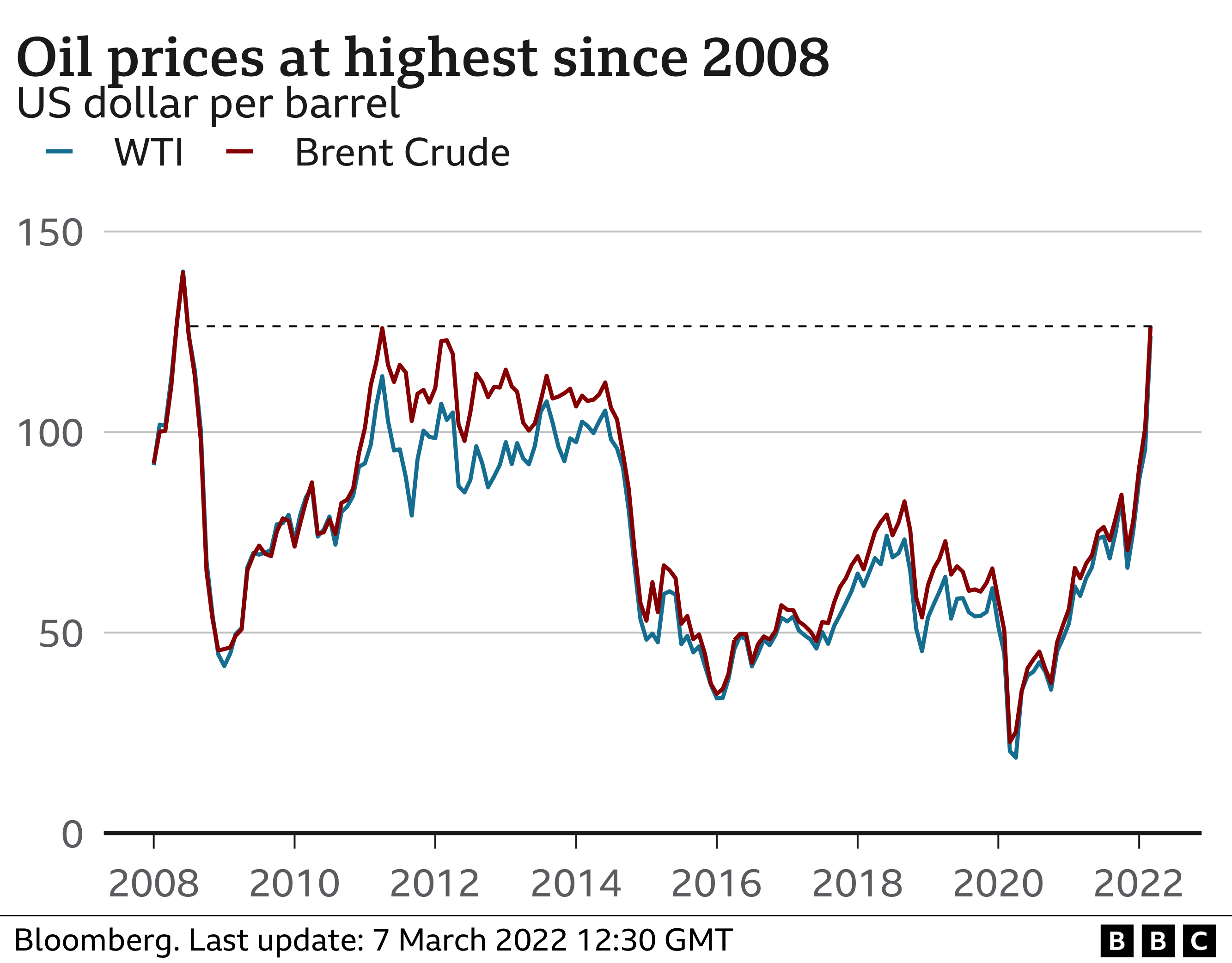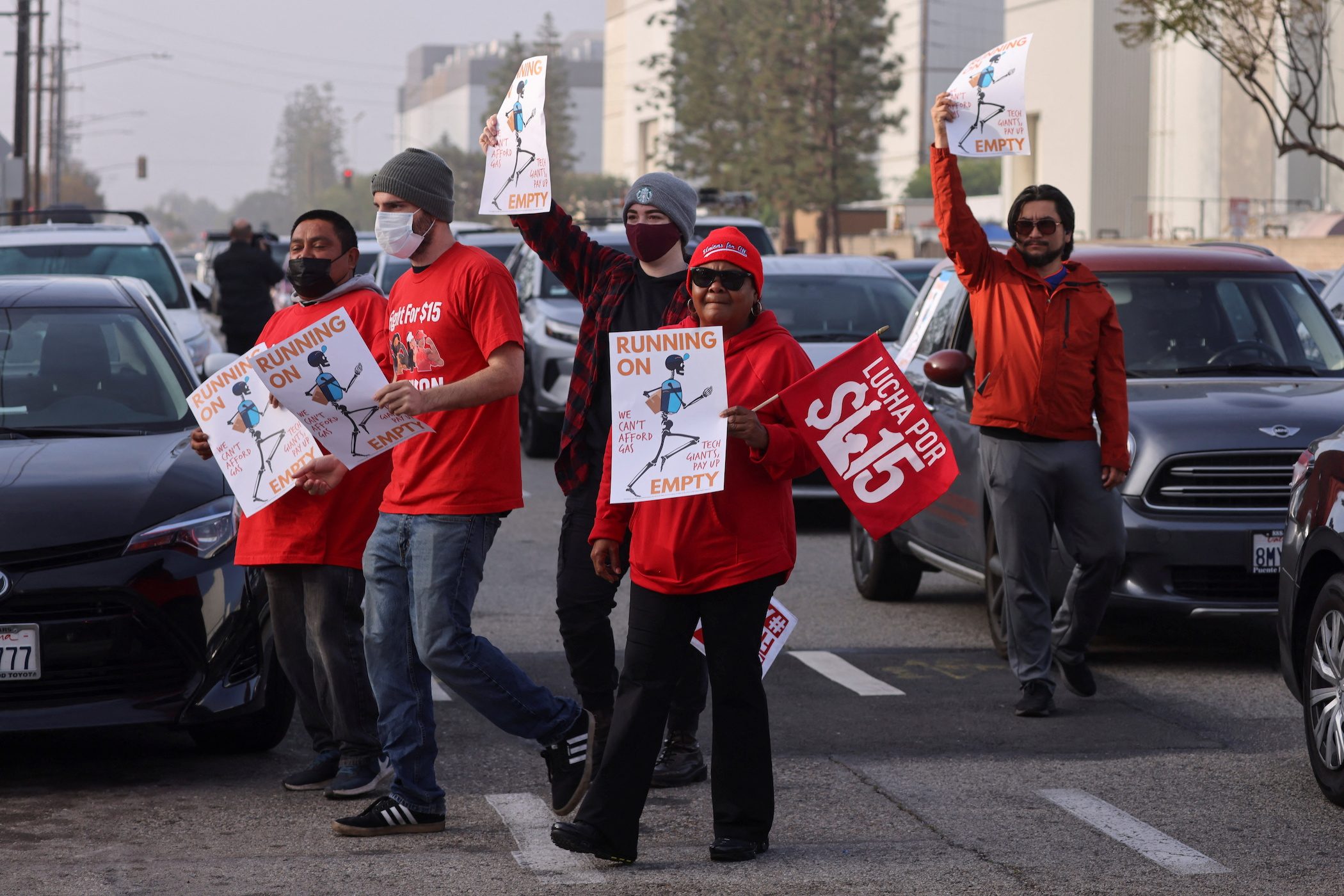Editor's Notes: Due to the recent rapid increase in fuel prices, we have published this guide to help consumers understand the impact of this surge on their wallets and the economy as a whole.
Rising fuel prices have impacted consumers and the economy in various ways. We have analyzed the situation, dug into the data, and compiled this guide to help you understand the implications of this issue.
Key Takeaways
FAQs
Amidst the fuel price surge, several concerns and questions have arisen. This FAQ section aims to provide informative responses to help consumers and the economy navigate the current challenges effectively.
Question 1: How will the fuel price surge impact consumer spending?
The increase in fuel prices directly affects household budgets, as transportation costs rise. This reduces disposable income, leading to a shift in spending patterns. Consumers may cut back on non-essential expenses, such as entertainment and dining, to cope with higher fuel costs.
Question 2: What are the consequences for businesses and the economy?
Higher fuel prices drive up operating costs for businesses, impacting their profitability. This may lead to increased prices for goods and services, which can contribute to inflation. Additionally, reduced consumer spending due to increased fuel costs can slow down economic growth.
Question 3: What measures are being taken to address the fuel price surge?
Governments and organizations are implementing strategies to mitigate the impact of rising fuel prices. This includes exploring alternative energy sources, providing subsidies to consumers, and regulating fuel prices. However, the effectiveness of these measures may vary depending on the specific context.
Question 4: How long is the fuel price surge expected to last?
The duration of the fuel price surge is uncertain and depends on a range of factors, such as global supply and demand, economic conditions, and geopolitical events. Experts continue to monitor the situation and provide updated projections.
Question 5: What can consumers do to reduce their fuel expenses?
Consumers can implement various strategies to minimize fuel costs. These include driving less, utilizing public transportation or carpooling, maintaining vehicles efficiently, and considering fuel-efficient vehicles. Adopting eco-friendly habits, such as turning off engines while idling, can also contribute to savings.
Question 6: What are the long-term implications of the fuel price surge?
The long-term effects of the fuel price surge remain to be seen. However, it may lead to increased adoption of renewable energy sources and energy-efficient practices. Additionally, governments and businesses may prioritize infrastructure development to support alternative transportation options.
In summary, the fuel price surge presents challenges for consumers and the economy. Understanding the potential impacts and implementing effective measures can help navigate this situation and mitigate its adverse effects.
Proceed to the next article section to explore in-depth analysis and expert insights on the fuel price surge and its implications.
Tips
The recent surge in fuel prices has had a significant impact on consumers and the economy. Here are some tips to help navigate this financial challenge:
Tip 1: Reduce Fuel Consumption
Consider carpooling, using public transportation, walking, or biking when possible. Maintain proper tire pressure and avoid unnecessary idling.
Tip 2: Track Fuel Prices
Utilize apps or websites that track fuel prices in different locations to find the most affordable options.
Tip 3: Adjust Driving Habits
Accelerate and brake gently, maintain steady speeds on highways, and avoid rush hour traffic to conserve fuel.
Tip 4: Consider Fuel-Efficient Vehicles
If purchasing a new vehicle, opt for one with improved fuel economy. Alternatively, consider hybrid or electric options.
Tip 5: Explore Alternative Transportation
Use ride-sharing services, electric scooters, or even bicycles for short-distance commutes.
Tip 6: Increase Fuel Savings through Maintenance
Regular engine tune-ups, oil changes, and air filter replacements can enhance fuel efficiency.
Tip 7: Reduce Discretionary Driving
Combine errands to minimize trips, or use home delivery services when convenient.
Tip 8: Seek Financial Assistance
Explore government or non-profit programs that provide financial assistance with fuel costs for those in need.
Summary: By implementing these tips, consumers can mitigate the financial impact of fuel price surges. Remember to research, prioritize fuel efficiency, and explore alternative transportation options to save money and support the economy.
Fuel Price Surge: Impacting Consumers And The Economy
Escalating fuel prices have profound repercussions for both consumers and the economy at large. We analyze six essential aspects to understand its multifaceted impact:
- Consumer Burden: Higher fuel costs strain household budgets, reducing disposable income and consumer spending.
- Transportation Costs: Rising fuel prices inflate transportation costs for businesses and individuals, affecting logistics, commuting, and travel.
- Inflationary Pressure: Fuel is a key input in many sectors, and its price surge exacerbates inflationary pressures, affecting the overall cost of goods and services.
- Economic Growth: High fuel prices can dampen economic growth by diverting household and business spending away from other sectors.
- Energy Security: Fuel price surges highlight the need for energy security and diversification of energy sources to mitigate risks.
- Environmental Impact: Rising fuel prices may encourage consumers to opt for more fuel-efficient vehicles, potentially reducing carbon emissions.
These aspects collectively contribute to a challenging economic landscape. Consumers face financial strains, businesses grappling with increased costs, and governments seeking solutions to mitigate the impact on the economy. The surge in fuel prices underscores the need for proactive policy measures, energy diversification, and consumer awareness to address these multifaceted challenges.

Five ways the Ukraine war could push up prices - BBC News - Source www.bbc.co.uk
Fuel Price Surge: Impacting Consumers And The Economy
The recent surge in fuel prices has had a significant impact on both consumers and the economy as a whole. Consumers are facing higher costs for transportation, heating, and other essential goods and services. This is putting a strain on household budgets and reducing consumer spending. The economy is also being impacted by the fuel price surge, as higher energy costs are leading to increased production costs for businesses. This is leading to higher prices for goods and services, which is further reducing consumer spending and slowing economic growth.

Uber, Lyft drivers in US consider quitting as pain at the gas pump grows - Source www.rappler.com
The fuel price surge is a complex issue with a variety of causes, including geopolitical tensions, supply chain disruptions, and increased demand. The impact on consumers and the economy is significant, and it is likely to continue for the foreseeable future.
The fuel price surge is a reminder of the importance of energy security. As the world transitions to a more sustainable energy future, it is important to invest in renewable energy sources and other technologies that can reduce our dependence on fossil fuels.
The following table provides a summary of the key impacts of the fuel price surge on consumers and the economy:
| Impact | Consumers | Economy |
|---|---|---|
| Higher transportation costs | Reduced consumer spending | Increased production costs for businesses |
| Higher heating costs | Reduced consumer spending | Higher prices for goods and services |
| Higher costs for other essential goods and services | Reduced consumer spending | Slower economic growth |
Conclusion
The fuel price surge is a significant challenge for both consumers and the economy. It is important to understand the causes and impacts of the fuel price surge in order to develop effective policies to address it.
The transition to a more sustainable energy future is essential to reducing our dependence on fossil fuels and mitigating the impacts of future fuel price surges.